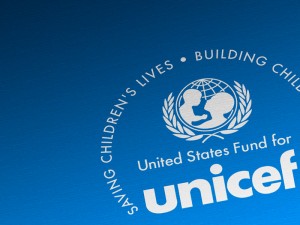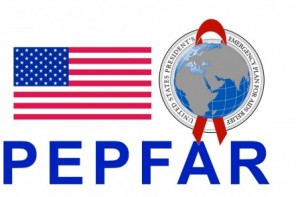Alassane Ouattara, who AllAfrica.com called “the internationally recognized president of Cote d’Ivoire,” which seems a good way of handling that linguistic problem, gave a talk via teleconference at CSIS on Friday. According to the AllAfrica writeup, he said:
“We believe the end of the month is an important benchmark because salaries usually, especially to the military, start being paid around the 20th of the month,” said Ouattara. The country’s security forces, who have been backing Gbagbo, have targeted Ouattara supporters, as well as stepping up attacks on UN peacekeepers. “The crux of the matter is for Gbagbo not to have money to pay the military and mercenaries and the militia,” Ouattara said. “We think that’s the most effective way to get them to abandon power.”
The 20th of the month it is, then. Meanwhile, the money story gets interesting: Ouattara says Gbabgo is debiting accounts, even though no money without Ouattara’s signature is supposed to be considered legal tender. That puts international businesses involved in the country’s massive cocoa trade in an interesting, and potentially powerful, position.
I know some folks watched the teleconference; I’d be interested to hear your impressions of the man, in addition to your assessment of what he said. (By the time I get the video loaded, I’ll be on a plane back to the States.)
On the other hand, a guy I had a beer with the other day suggested blocking the port. It sounded promising at the time. And perhaps it could find the international community and Somali pirates on the same side for a change?
As a secondary matter, can we all agree that this guy is wrong?
“If Cote d’Ivoire gets it right, if the issues get resolved in way that confirm that elections mean something,” he said, “then we’re going to see an increase in better elections across the African continent – elections in which the citizens will participate fully.
“On the other hand, if Cote d’Ivoire doesn’t get resolved properly, then I think democrats across the African continent can…go home, because there’s going to be no incentive for a sitting president to put in place a fair electoral process that will allow citizens to participate freely and let their voices to be heard, let alone to hand over power if they lose an election,” Fomunyoh said.
Chris Fomunyoh is the senior associate for Africa at the National Democratic Institute (and appears at the end of the above article), and I think he’s a little late. The possible outcomes now are all least-worst-case scenarios. The question of whether Cote d’Ivoire got it right is closed: It didn’t.
And just like in Burundi, that question isn’t about which candidate you support, who cheated, who should have one, etc. The process simply didn’t work. And no matter what the final outcome in Cote d’Ivoire is, there will always be a large part of the population claiming the other guy stole the vote. Meanwhile, the idea that, say, Ugandans are sitting around waiting to see what happens in Abidjan before they vote on February 18 strikes me as absurd. Sure, Museveni might be watching. But I don’t think he’s going to learn anything he doesn’t already know — and couldn’t learn from watching disputed elections unfold with less public scrutiny than Cote d’Ivoire has attracted.
Lastly, an addendum to my first post about this, whose comments section continues to stir, another voice on genocide. The US Institute of Peace has been doing early warning since before it was cool. Their conflict analysis specialist, Lawrence Woocher, lays out what USIP sees in Cote d’Ivoire: Lots of risk. Woocher also notes that “genocide” can shift from descriptive behavioral category to rallying cry. (H/T Alex) And it sounds like he has cool toys for diplomats, if anyone wants to pass that tip along.




Thanks for the link to the USIP report. I still remember their clear, quite diplomatic recommendations for post-invasion Iraq, which were summarily ignored.
Yeah, I generally find they’re pretty good. Certainly reasonable.